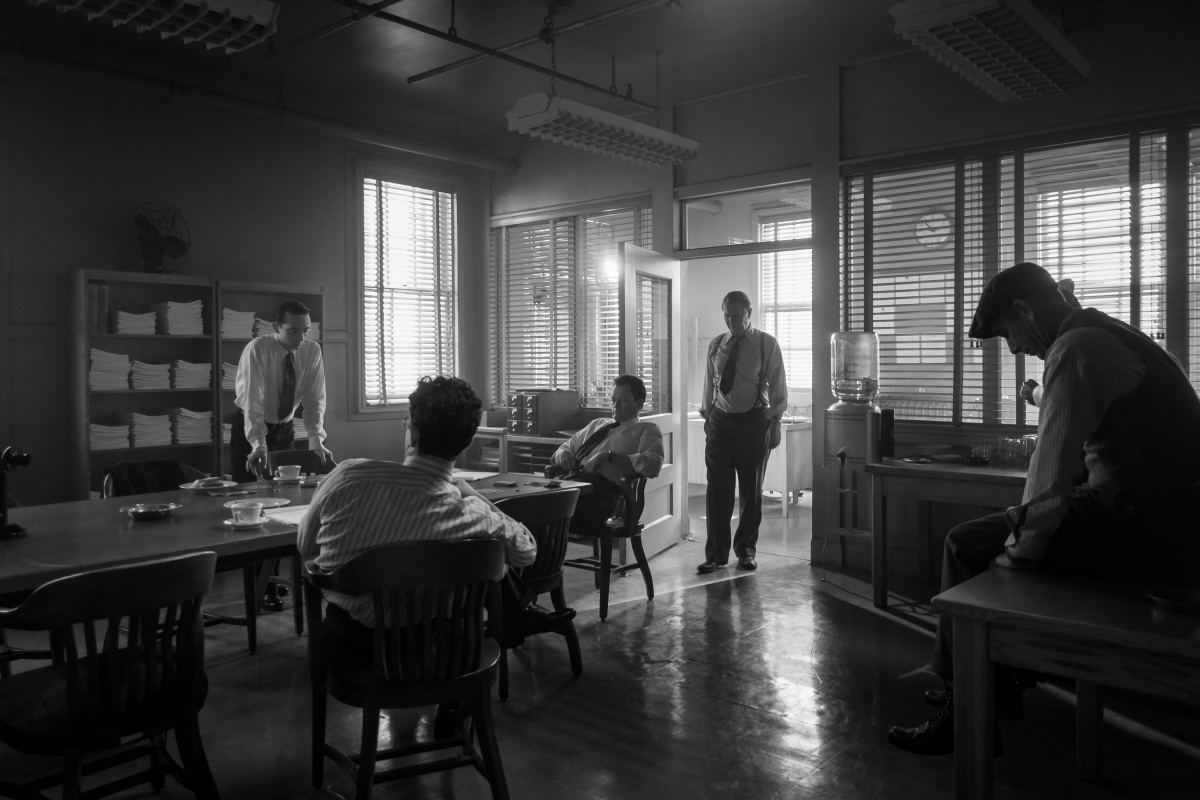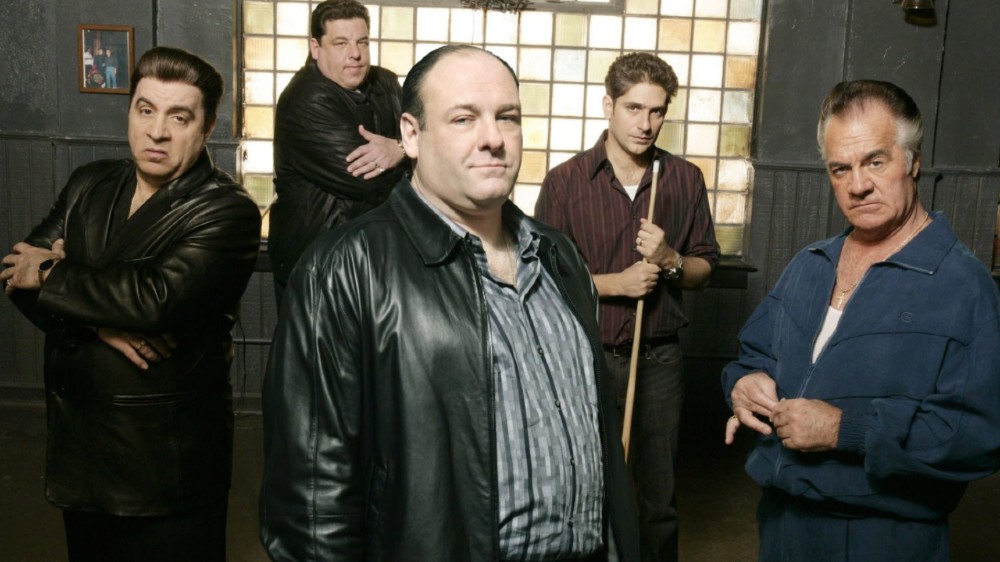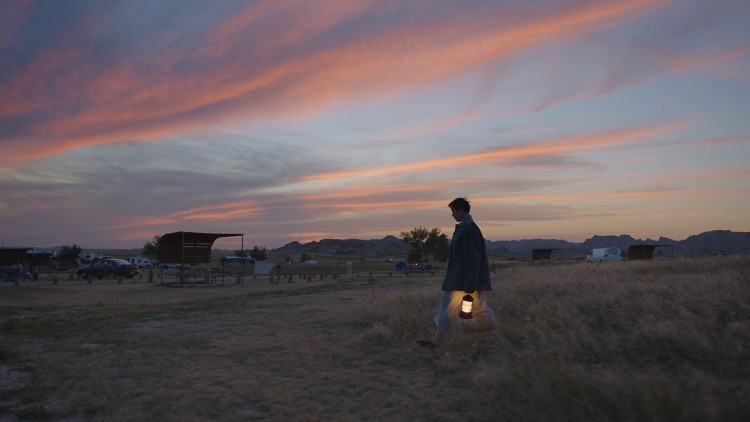
You may or may not have noted that a guy named Erik Messerschmidt took home the Oscar for cinematography last month. This is only noteworthy because it was the first feature film he had ever photographed. Sure, he spent many years in the movie industry as a gaffer, but all of his actual work as a director of photography had come solely on the small screen. Messerschmidt cut his teeth on shows like Legion, Raised by Wolves, and, most pointedly, Mindhunter, where he first worked with David Fincher, the man who would hire him to photograph Mank. It’s also where he earned an Emmy nomination for his work.
What is not noteworthy is the fact that he went from television to film, as so many others have done. The thing is, we often think of actors being the individuals who can jump from the small screen to the big one. George Clooney did it, of course, following in the footsteps of legends like Clint Eastwood, Burt Reynolds, and Denzel Washington, just to name three. Back then, there was a genuine line in the sand about the two mediums. Film actors were better than TV actors, far more prestigious, and would never be caught dead returning to that world, if they’d even begun there in the first place.
It’s hard to pinpoint exactly when this changed, but it’s probably not inaccurate to suggest that it was in 1999, when The Sopranos premiered on HBO. It starred James Gandolfini, who was a well known movie actor, if not exactly a star. Still, with that show’s premiere, the Golden Age of TV began, and has yet to really end. With it, established actors and actresses who might never have deigned to appear on a TV show have embraced it completely. Nicole Kidman and Reese Witherspoon, both Oscar winners, are now Emmy winning actresses and producers. That’s just two names on a list that goes on for days.

Lesser known, though, are the below the line artists and artisans who also go back and forth. Messerschmidt is just the latest in a long line of cinematographers who do it, like fellow Fincher alum Jeff Cronenweth, who earned Oscar nominations for The Social Network and Gone Girl and an Emmy nomination for Tales from the Loop, and Adriano Goldman, who was DoP on over a dozen features, and won an Emmy for The Crown. Sir Roger Deakins, perhaps the most famous of cinematographers, has never done TV, but fellow legend John Toll has. Toll has won two Oscars, but still showed up to shoot The Wachowskis’ bravura sci-fi epic Sense8 for Netflix, as well as the pilot for Breaking Bad.
Toll’s experience is not unique. Lots of others take a little dip into the TV world, while there are plenty of others who tend to stick to the small screen, and have a great amount of success there, like Robert McLachlan, Zoë White, and M. David Mullen. What’s interesting about it — and has been for some time, as television’s prestige has continued to rise — is that not only is there no stigma attached to solely working in television, it might even be seen as more prestigious to be doing so. Aside from the longer job security, working in one place for months instead of weeks, there’s the opportunity to tell a longer, more complete story. It’s part of why so many other talented people bounce back and forth. It’s also why some creators, like David E. Kelley, Shonda Rhimes, and Shawn Ryan, stick solely with television.
I’ve only done a little bit of snooping into other craftspeople, like costume and production design, but it doesn’t appear like too many of the more successful names crossover as much. There are a few, sure, but in these disciplines, at least, the division seems to be more pronounced. Maybe it’s the higher profile people who go back and forth more often? At first blush, that’s how it looks, and it’s a bit curious. Is it because there’s still such a division between the two worlds?
The answer seems to be … sort of. But it’s not for the reason you might think. The truth of the matter is, people tend to go where the work is. Setting aside lower budget films and Indies, there just aren’t as many opportunities these days on the film side, whereas there are countless ones in television. Thanks to the proliferation of streaming services, and the resulting need for content, there has never been a better time to be in the television business, on either side of the camera.
I have a costume designer friend who has worked in both television and film (including one with Tom Cruise!). My friend would rather stay anonymous, but was willing to talk about this a bit. My friend confirmed that, more and more, the opportunities are better in television than even a mid-sized indie flick. Aside from the aforementioned length of the job and the security that goes along with it, there’s also the sheer number of productions.
“I love working on movies,” my friend said. “But the thing is, there just aren’t that many made anymore. Sure, some of the streamers are doing it, Netflix especially, but I go in to meet on so many more TV shows these days, it’s not even close. The other thing is, and I don’t want to be snobby here, because that’s not what this is about, but in the old days, I would take a small indie film, just for the work. I don’t really do that anymore, and it’s not just because the money isn’t worth it. It’s because I can afford to wait for something that really speaks to me, More often than not, that thing is going to come from the TV world, and it’s going to be a longer job that pays more money, which makes it a no-brainer.”

There’s another aspect of this, too. Established professionals are taking more of the movie jobs, precisely because they’re established, and because people who have worked on smaller films aren’t always given the chance to work on the bigger ones. Case in point, Joshua James Richards, who was just nominated for a Cinematography Oscar for Nomadland. That was his fourth feature as a DoP, three of which were with his wife, writer-director Chloé Zhao. Her fourth film is the upcoming Marvel film Eternals, but, for the first time, she had to work with a director of photography who was not Richards. He was hired as the camera operator, but not the DoP, because the DoP was Ben Davis, who had worked on four previous Marvel films, including Doctor Strange and Captain Marvel.
That is a pretty standard deal — it goes for other disciplines, too, including Editor and Casting Director — so if artists aren’t getting the chance to expand their horizons on the film side, why not do it on the TV one? Especially if that’s where they’re getting the offers to work? In the old days, you’d get the ghetto feeling, people relegated to one medium or the other and unable to move around, but those days are long past. The line between the two, especially when it comes to the regard in which they’re held, has blurred too much to believe otherwise.
Add it up, and it makes sense. When you’re looking for work, you go where the jobs are. If only in that sense, the entertainment industry is just like everywhere else.

Neil Turitz is a journalist, essayist, author, and filmmaker who has worked in and written about Hollywood for nearly 25 years, though he has never lived there. These days, he splits his time between New York City and the Berkshires. He’s not on Twitter, but you can find him on Instagram @6wordreviews. You can read a new installation of The Accidental Turitz every Wednesday.





